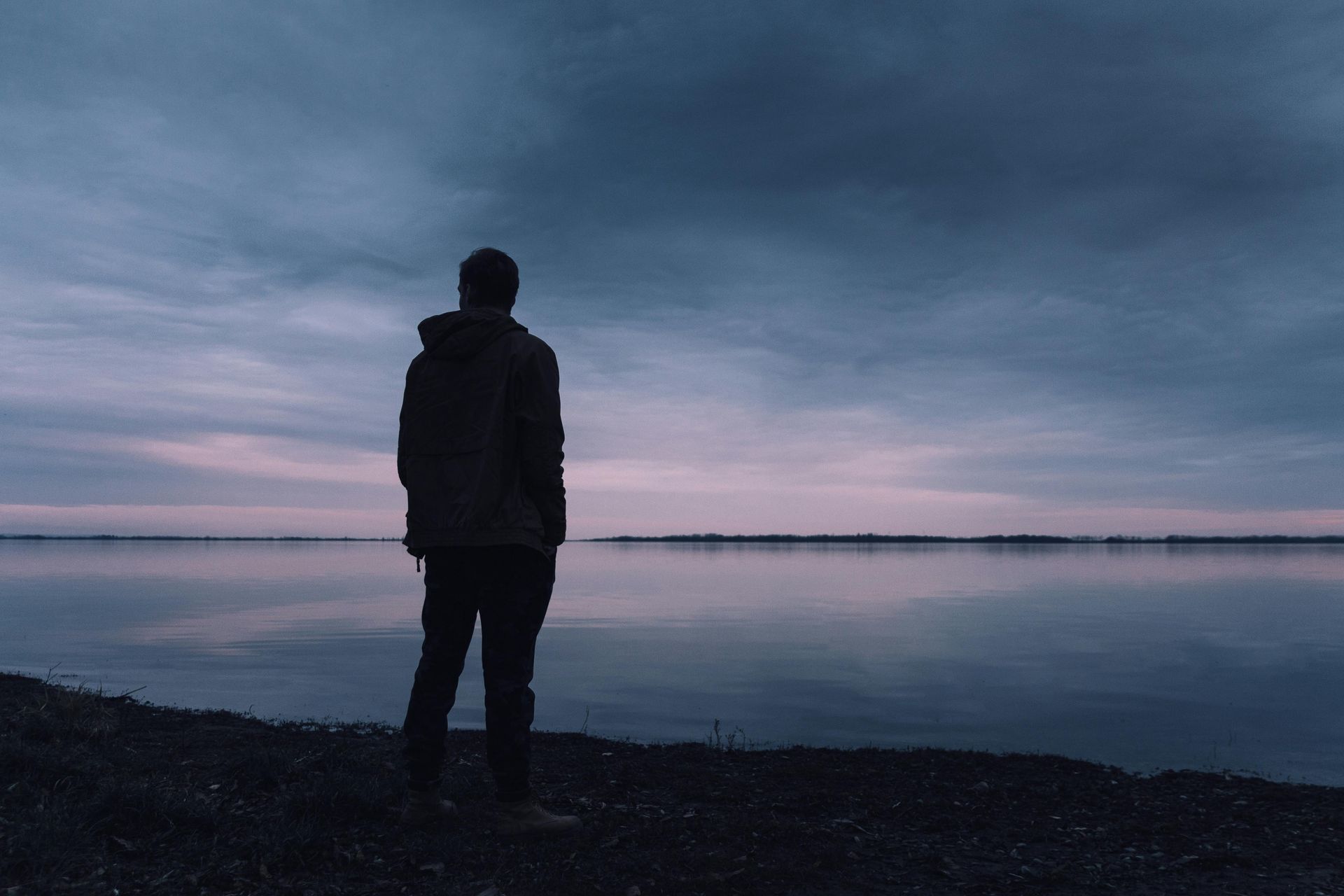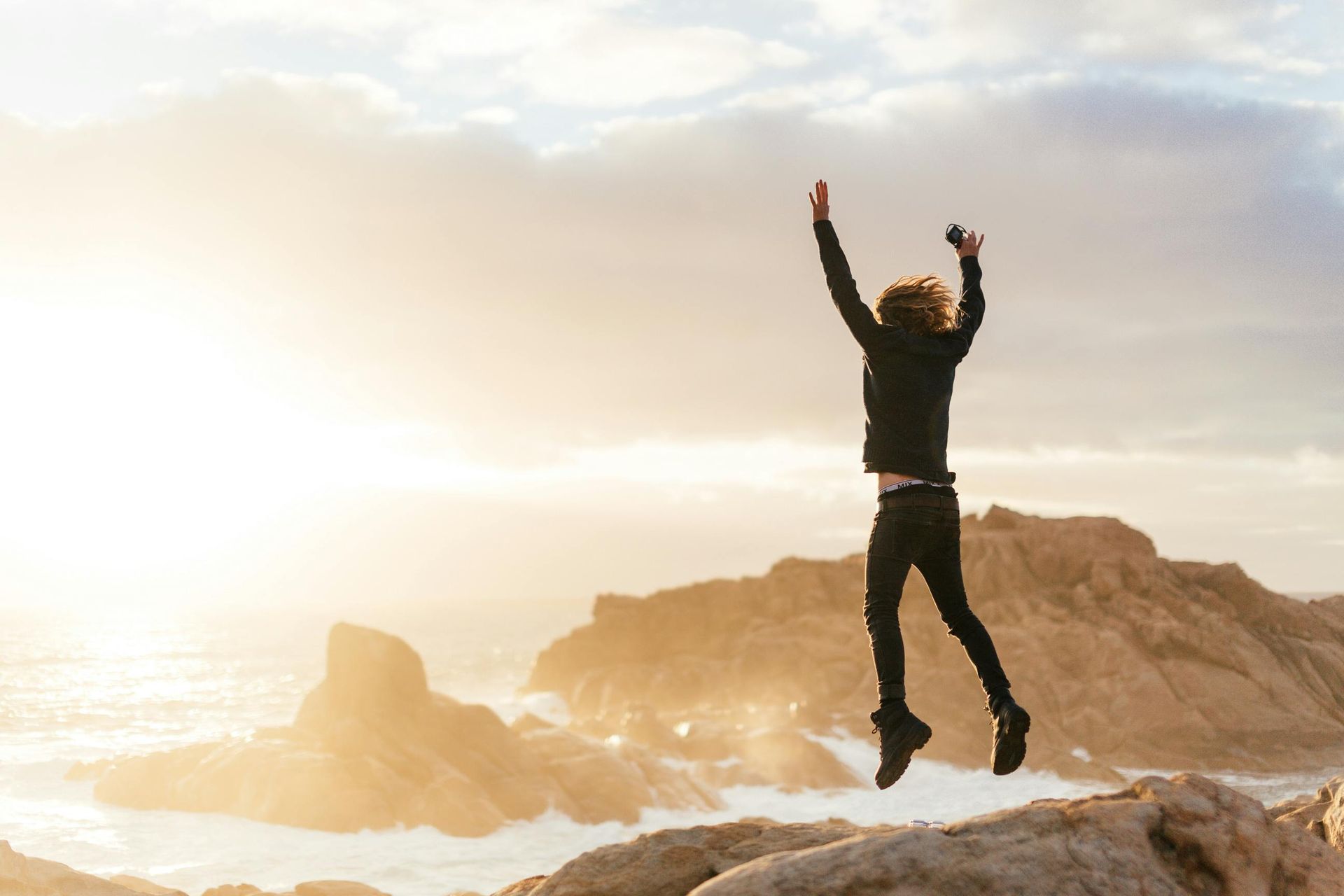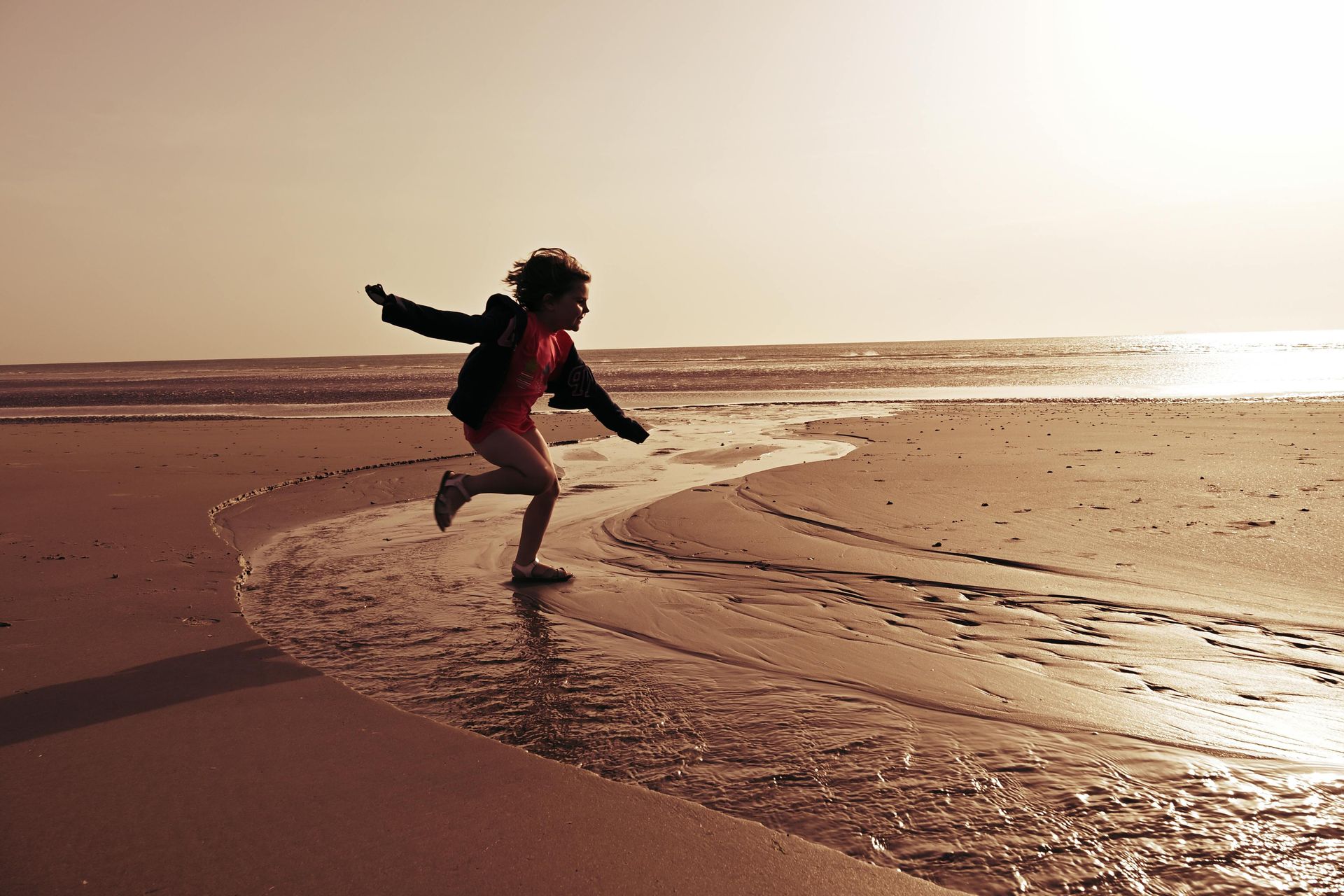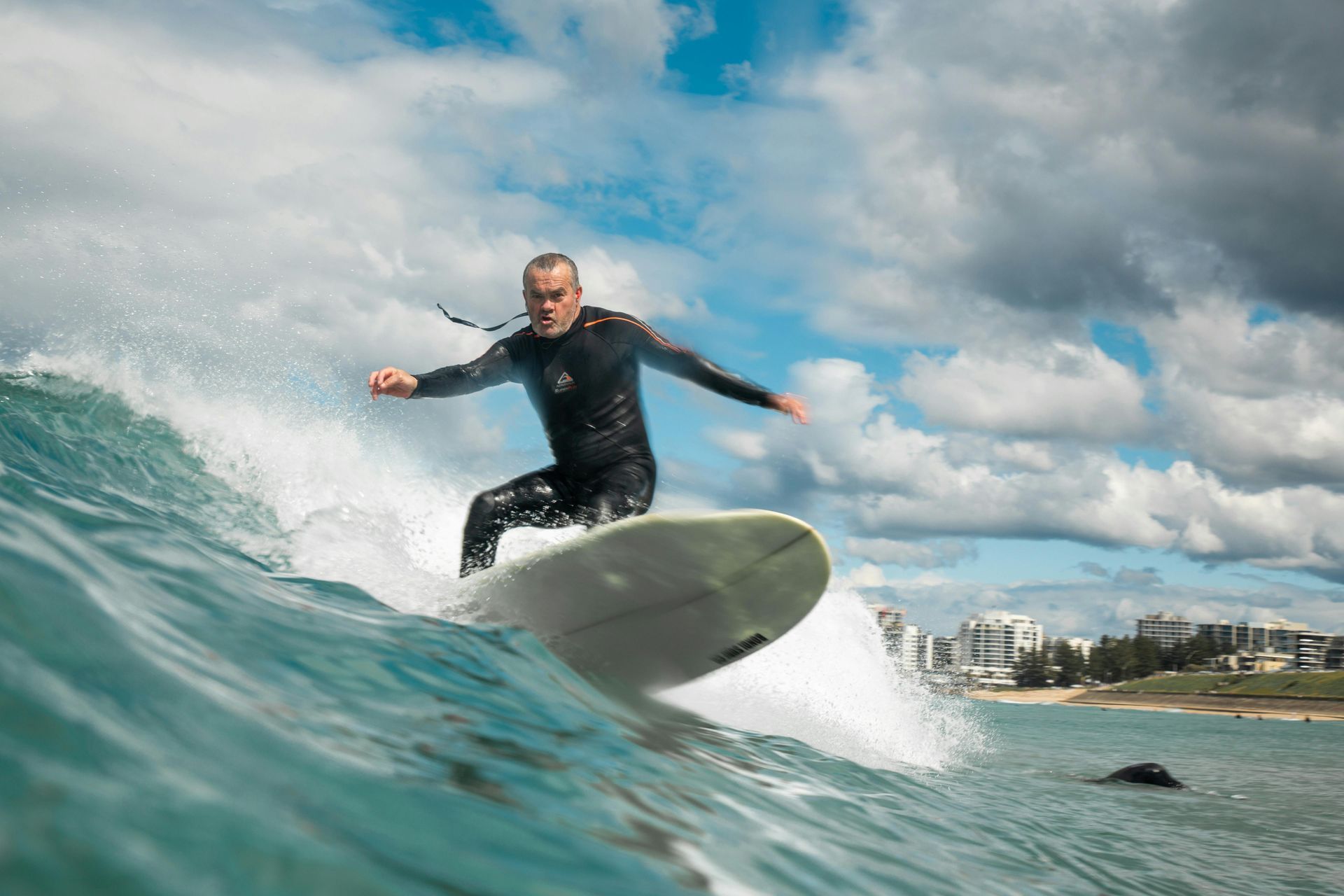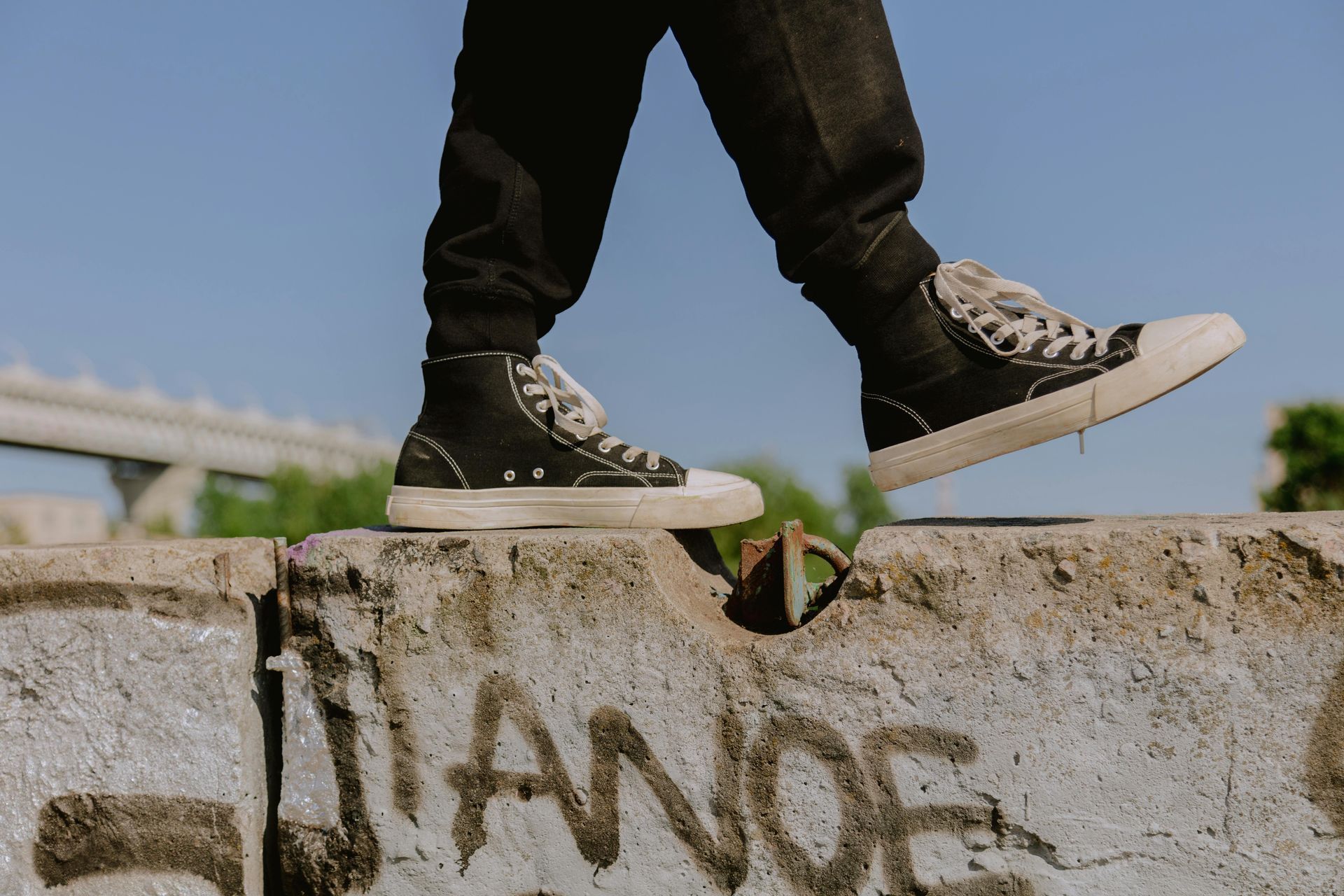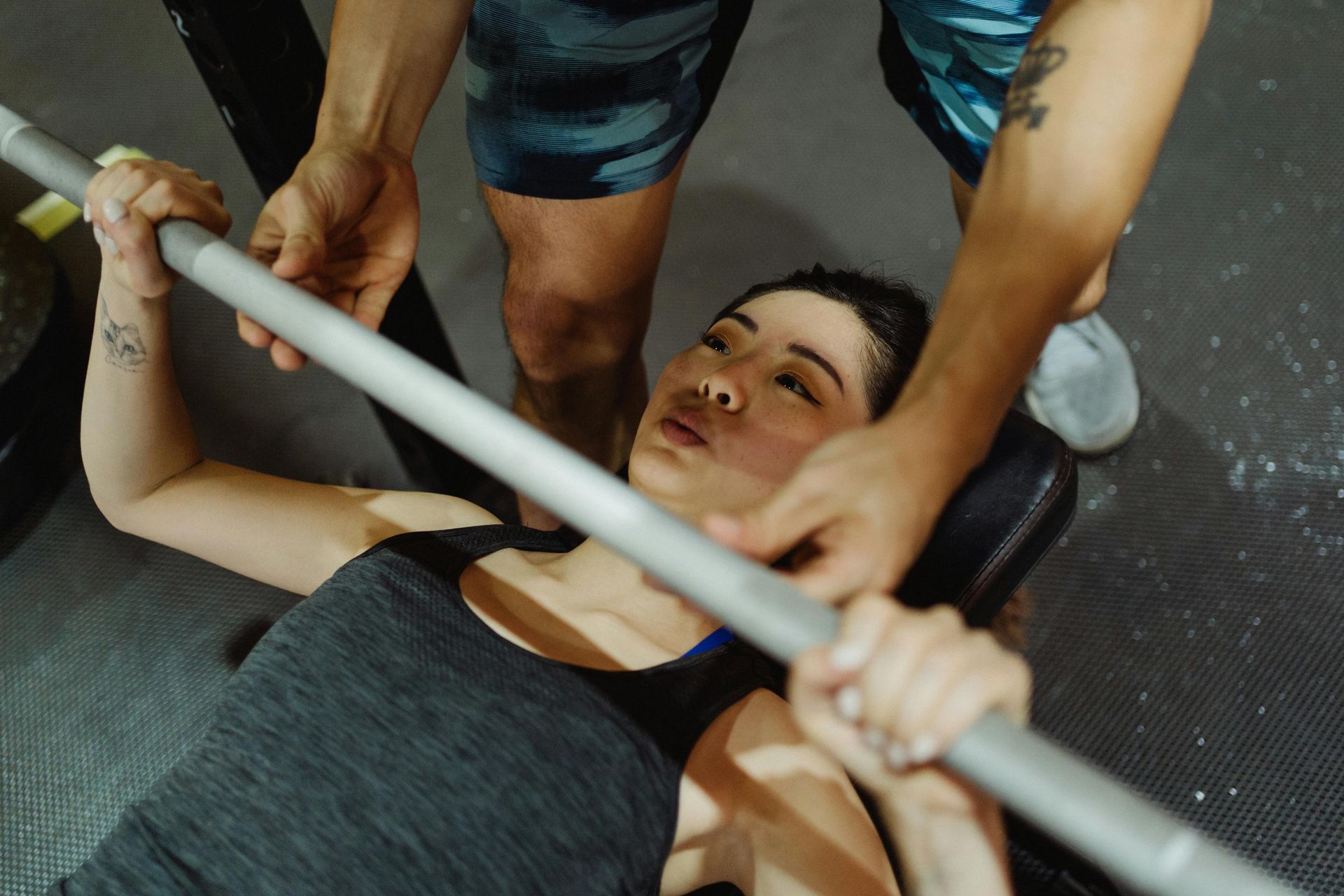Motion is Lotion: How Daily Movement Keeps Your Joints Happy
Ever wake up feeling stiff, creaky, or just not as springy as you used to be?
You’re not alone. Many of us chalk it up to “getting older” or blame it on the weather. But what if the real secret to happier, healthier joints wasn’t a magic supplement, but simply more nekeneke (movement) in your day?
At AMOKURA Coaching, we say: Motion is lotion—for your tinana (body), your wairua (spirit), and especially for those hardworking joints. Whether you’re a kaumātua (elder) wanting to keep up with the mokopuna (grandkids), an office worker glued to a desk, or someone just hoping to move a little easier, this blog is for you. Let’s explore why daily movement is essential, how to avoid common traps, and the simple habits that will keep your joints happy for life.
Why Stiffness Strikes: The Hidden Cost of Staying Still
Let’s call it out—our modern lives aren’t built for healthy, moving bodies. We spend hours noho (sitting), glued to screens, stuck in traffic, or collapsed on the couch. It’s no wonder the knees creak, hips tighten, and backs grumble.
Here’s what’s really happening:
- Joints rely on synovial fluid—nature’s “WD-40”—to keep them lubricated and moving smoothly.
- When you move, you pump this fluid into your joints.
- When you’re still for long periods, that fluid can’t do its job, and your joints start to feel dry and stiff.
Over time, too much inactivity means:
- Muscles tighten and weaken
- Cartilage gets less nutrition
- Joints feel “rusty” and less flexible
- Everyday movements (think: tying your shoes, getting out of a chair, picking up the tamariki/kids) start to feel harder
And it’s not just about age! Even younger, fit people get stiff if they don’t keep moving. The pain isn’t just physical—it can leave you feeling older, less confident, and less motivated to stay active.
Common Mistakes: What We Get Wrong About Movement and Joints
Here’s where a lot of us trip up:
1. Saving Movement Just for Workouts
Many people think: “If I exercise 3 times a week, I’m sorted.” But it’s the movement you do every day—outside of your gym session or yoga class—that keeps your joints healthy.
Kāore (not so)—occasional workouts don’t undo the effects of sitting for hours at a time.
2. Believing Stiffness Means You Should Rest More
Stiff or sore joints can make you want to avoid movement. But gentle, regular nekeneke (movement) is often exactly what your body needs! “Use it or lose it” is true for joints and muscles alike.
3. Doing Too Much, Too Soon
On a burst of motivation, you might go all-in—long runs, big weights, intense classes—only to wind up with an injury or extra soreness. Pūmau (consistency) and listening to your body are key.
4. Ignoring Mobility and Flexibility
It’s easy to focus on strength or cardio and forget simple stretching, joint circles, or mobility drills. These small habits often make the biggest difference in how you feel day to day.
The AMOKURA Approach: Simple Daily Habits That Keep You Moving Freely
So how do you give your joints the “lotion” they crave, every day?
It’s simpler than you think—and you don’t need a gym, special gear, or even lots of extra time.
1. Build Movement Snacks Into Your Day
Try standing up every hour, walking to the letterbox, or stretching during ad breaks. These tiny “movement snacks” help keep synovial fluid flowing and muscles loose.
Quick ideas:
- Hikoi (walk) around the block after meals
- Ankle and wrist circles while you wait for the jug to boil
- Squats or lunges while brushing your teeth
- Reach overhead and twist gently side to side after a long sit
2. Love Your Morning Routine
Start each day with a short karakia (ritual)—a few minutes of gentle stretching, rolling your shoulders, and moving your hips. Your tinana (body) will thank you for it!
3. Make Movement Social
Catch up with a friend for a walk, join a social sport, or get the whānau (family) involved. Shared movement builds community, keeps you motivated, and helps you show up for yourself and others.
4. Respect, Don’t Fear, Discomfort
If you’re stiff, start gently. Mā te tika (doing it right) matters—listen to your body and keep your nekeneke pain-free, but don’t be afraid to move through mild discomfort. Over time, it gets easier.
5. Consistency Beats Intensity
You don’t need heroic effort. Just show up, every day, in some small way. Over weeks and months, the difference in how you move—and feel—is huge.
Imagine the Future: Strong, Supple, and Free
Picture this:
You wake up, stretch your arms to the sky, and feel good. No more “old-person groans” when you get out of bed. You walk confidently, move easily, and do the things you love—playing on the floor with the mokopuna (grandkids), exploring new places, or just living life without your joints holding you back.
- Less pain, more freedom
- More confidence in your tinana (body)
- The energy and independence to do what makes you happy
That’s the gift of daily movement. You don’t have to overhaul your life or become an athlete. Just a little more nekeneke, every day, is the best rongoā (medicine) you can give your joints.
How would your life change if moving felt easy again?
At AMOKURA Coaching, we know that movement is more than exercise—it’s hauora (wellbeing) for body and mind.
If you’re ready to loosen up, feel stronger, and protect your joints for the years ahead, now’s the time to start.
Download our free guide to daily movement snacks, or kōrero mai (chat with us) for a personalised plan. Your joints will thank you, and your future self will too.
Remember: Motion is lotion.
Kia kaha (be strong), keep moving, and keep your
tinana—and your life—happy.

